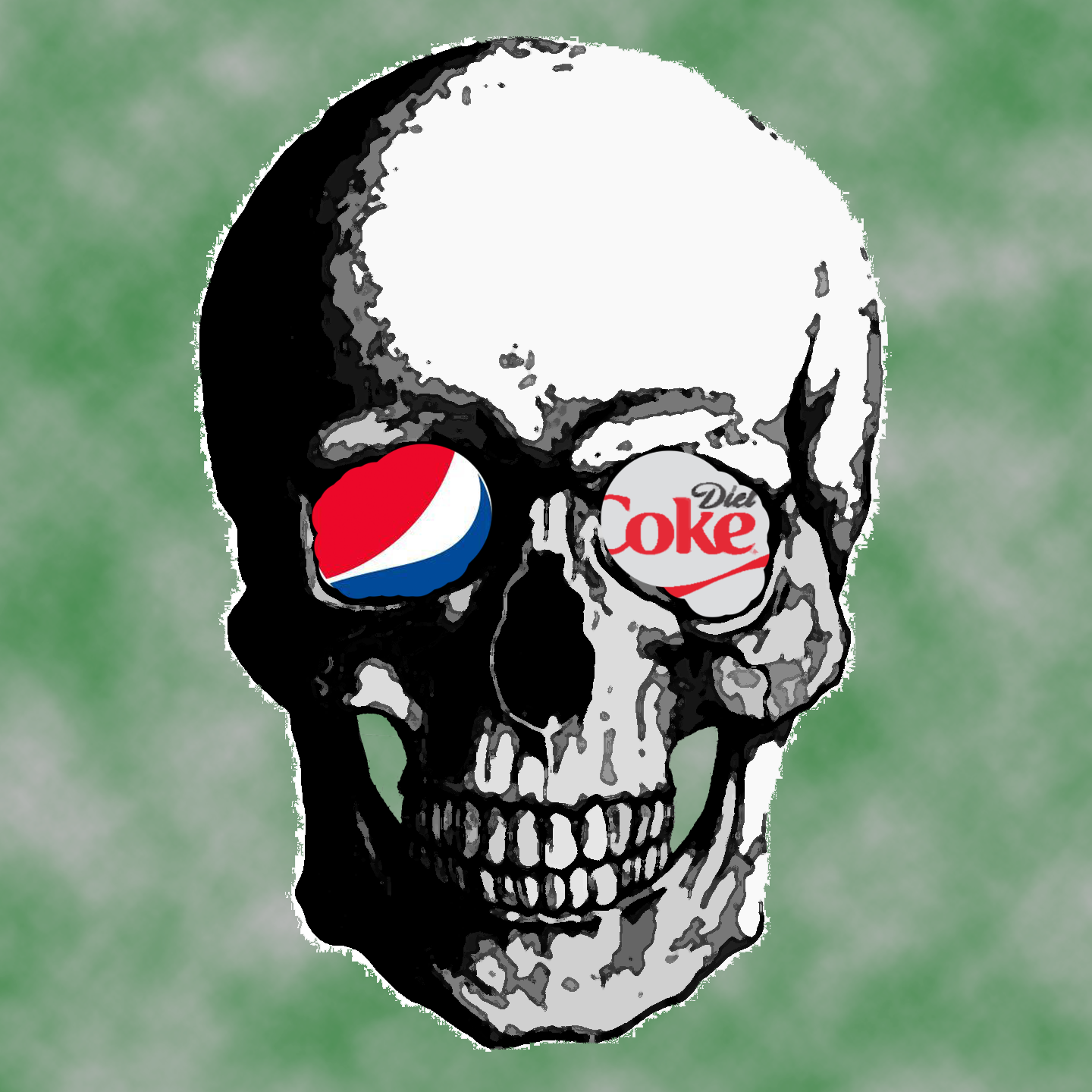Is Aspartame killing us?
A common conception among many in the ‘Healthy eating/living’ group is that Aspartame is a cancer causing compound that also causes weight gain, sweet cravings, and has a negative effect on blood glucose. We are going to examine some of these claims today. We will start with the myth of blood sugar or insulin spikes: at least five studies have shown that artificial sweeteners do NOT cause a spike in insulin or blood glucose levels. Even among diabetics. One study from the University of Iowa Dept of Pediatrics tested 14 participants, seven of which had Phenylketonuria, a disorder which causes Phenylalanine to build up in the body. This amino acid is also found in artificial sweeteners. No increase was noticed in glucose or insulin levels of the participants.
Another study, this time at St Hans Hospital in Roskilde, Denmark studies six individual men after drinking drinks made with aspartame and studied after the next four hours. Again Aspartame had no effect on Insulin levels in these individuals. Over four hours they increased aspartame intake with no noticeable spike in glucose levels.
The next study looks at the Neurological affects of Aspartame and was conducted at MITs Clinical Research Center in Boston. This time 48 volunteers in good health were recruited for the study, and completed a randomized, double-blind, placebo-controlled, crossover study. The first month was aspartame free. Subjects then consumed sodas and capsules with placebo, aspartame, or sucrose for 20 days each. Order was randomized and subjects were assigned to either a high- (45 mg x body wt) or low (15 mg x body wt) dose aspartame group. Neuropsychologic and laboratory testing was done on day 10 of each treatment period to determine possible acute effects and on day 20 for possible chronic effects. Then neuropsychologic results, adverse experiences; amino acid, insulin, and glucose values; and electroencephalograms were compared by sex and by treatment. The result being that no significant differences were found for any dependent measure, the large daily doses of aspartame had had no effect on neuropsychologic, neurophysiologic, or behavioral functioning in healthy young adults.
Now we move on to the “cravings” claim, there was a study for this as well: This time at the Division of Diabetes, Endocrinology and Metabolism at the Imperial College in London. I couldn’t easily get numbers for the people in this study but the abstract reads: Fasted subjects were studied on 4 study days in random order. Subjects consumed 50 ml of either water, sucralose, a non-sweet, glucose-polymer matched for sweetness with sucralose addition or a modified sham-feeding protocol of sucralose. Appetite ratings and plasma, insulin and glucose were measured at regular time points for 120 min. At 120 min, energy intake at a buffet meal was measured.
Sucralose ingestion did not increase plasma. MSF of sucralose did not elicit a cephalic phase response for insulin or GLP-1. Maltodextrin ingestion did significantly increase insulin and glucose compared with plain water, but appetite ratings and energy intake were similar for all groups. The conclusion being that at this dose, oral stimulation with sucralose has no effect on GLP-1, insulin or appetite.
And at last, weight gain: The Research Department of Human Nutrition, at the Centre for Advanced Food Studies, The Royal Veterinary and Agricultural University in Frederiksberg, Denmark put forward this study on the role of artificial sweeteners in body-weight regulation.
Again, no hard numbers on participants but it was a group of overweight men and women. The study investigated the effect of long-term supplementation with drinks and foods containing either sucrose or artificial sweeteners on random food intake and body weight in overweight subjects.
For 10 weeks, overweight men and women consumed daily supplements of either sucrose or artificial sweeteners. They discovered that after 10 weeks, the sucrose group had increases in total energy , sucrose , and carbohydrate intakes and decreases in fat and protein intakes. The sweetener group had small but significant decreases in sucrose intake and energy density. Body weight and fat mass increased in the sucrose group and decreased in the sweetener group; the between-group differences were significant. Systolic and diastolic blood pressure increased in the sucrose group and decreased in the sweetener group. Overweight subjects who consumed fairly large amounts of sucrose, mostly as beverages, had increased energy intake, body weight, fat mass, and blood pressure after 10 weeks. These effects were not observed in a similar group of subjects who consumed artificial sweeteners.
So again, it looks as if artificial sweeteners aren’t the evil ingredients many claim. No ‘Aspartame brain washing’ there, just a sweetener that allows diabetics to enjoy soda and other drinks.
Once again, don’t just take our word for it! There are plenty of sources out there to learn from, just be aware!
There are more studies to read for sure, References were gathered here:
https://examine.com/nutrition/do-artificial-sweeteners-spike-insulin/#ref6



Leave a Reply